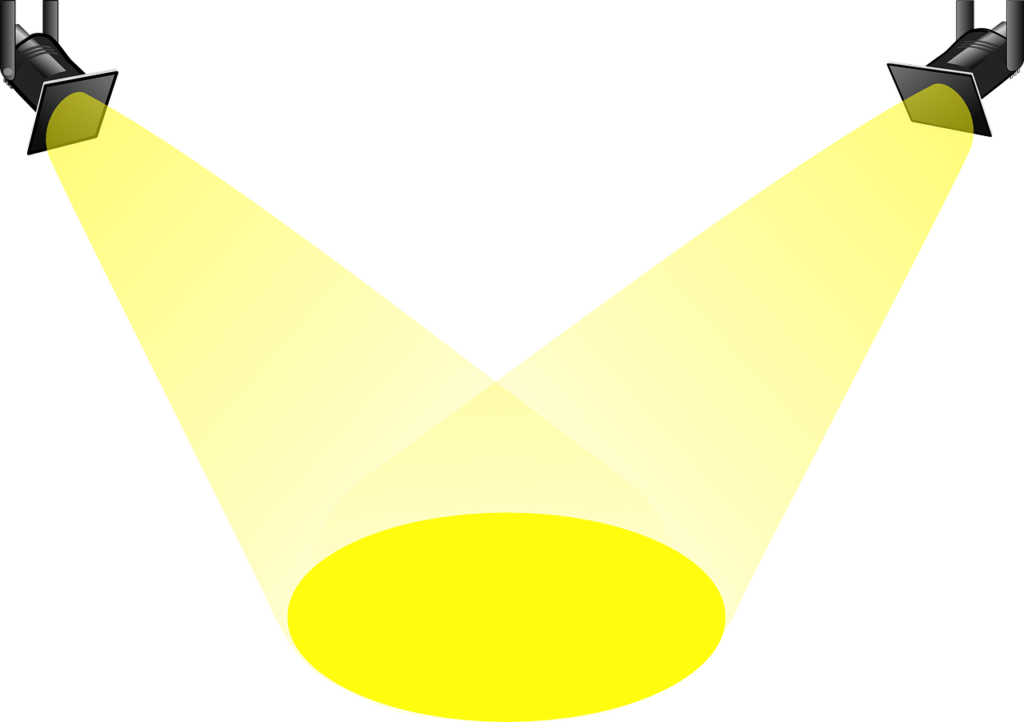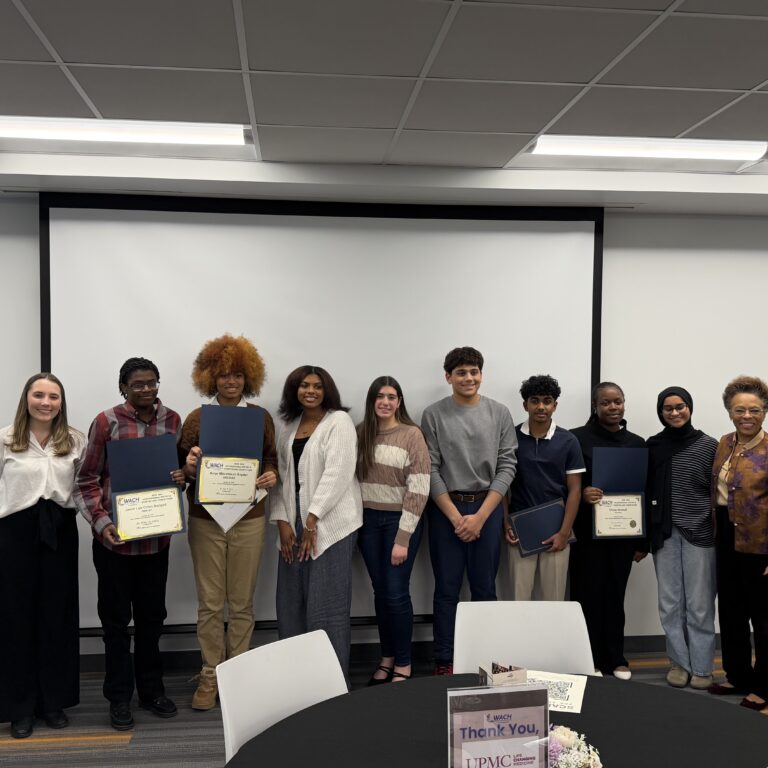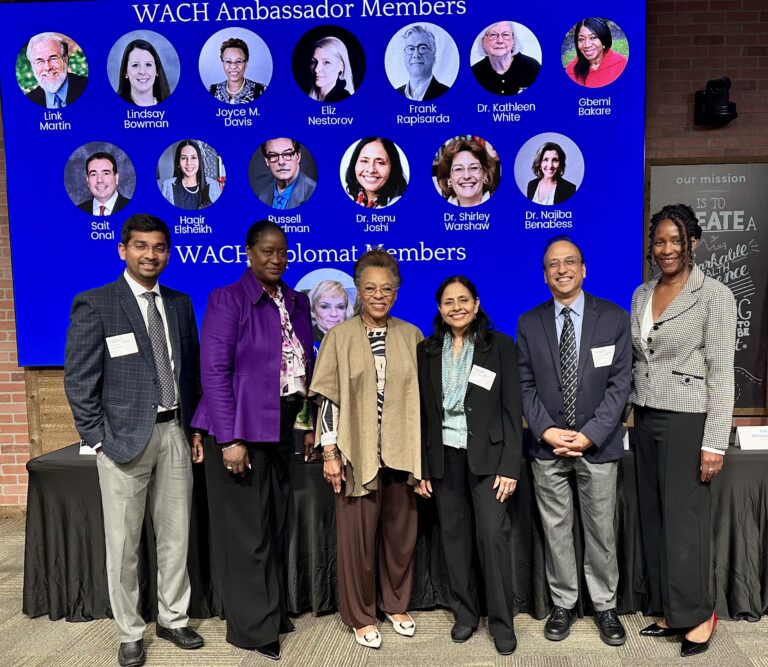A weekly look at the WACH 2020 intern perspectives on current issues surrounding world affairs. This week we heard from Parvathy Nair, Neha Shukla, and Evelyn Chick’s take on Black Lives Matter, LGBTQA+ events, and the admirable Madam CJ Walker.
Parvathy Nair:
Hello! My name is Parvathy Nair, and I will be a junior at Cumberland Valley High School in the fall. There are a variety of political issues that have piqued my interest in the past, but a consistent one has always been matters concerning Black rights. I firmly believe that the Black Lives Matter movement, since its creation in 2013, is something that has opened the eyes of many residents of America to the ongoing racism that continues into today’s society. The problems that the movement works to fight against, police brutality and overall systemic racism and oppression towards Black people, are major issues in this country. I fully stand behind the movement, and I am constantly finding new ways to support it and contribute what I can. I attended a rally in Carlisle a few weeks ago (unfortunately, due to COVID-19 that is the only one I have been able to attend), and it was so empowering to hear black teachers and a white ally speak about their experiences and how we can help. I have been signing every petition I have come across, I have donated money to bail funds, and I spend the majority of every week educating my family, friends, and people on social media about things that I have learned being a part of this fight and about things we all need to know and understand to continue fighting.
I also have been in support of the LGBTQA+ community for as long as I can remember. It’s important that we all consciously take time to spread the message that love is love, and part of that comes from more inclusion of this topic in school curriculums. Growing up, I heard a lot of “You’re too young to be hearing about gay people.” This phrase fosters the idea that being a member of the community is abnormal, that it can be compared to doing drugs or drinking in that parents don’t want their kids around it. Learning about LGBTQA+ history and pivotal figures in the fight for gay rights, such as Marsha P. Johnson, will instill into children this truth: That being gay is okay. This may even make the coming out process for young gay kids easier. If we’re learning about American and World history in schools, gay history must be a part of the curriculum, because it was a part of history.
Neha Shukla:
Neha Shukla is a rising sophomore at Cumberland Valley High School. Her interests in global affairs relate to entrepreneurship in emerging economies, geopolitical and macroeconomic trends, scientific innovations throughout the world, and the impactful history of the Civil Rights movement. She hopes to combine her passion for STEM and her love for business and entrepreneurship as a career someday.
One person that I greatly admire is Madam CJ Walker, an African-American woman who became America’s first female millionaire as a self-made entrepreneur, philanthropist, and social activist during the Progressive Era.
Sarah Breedlove (known today as Madam CJ Walker) was born in Louisiana in 1867, the first child in her family born free under the Emancipation Proclamation. She didn’t have a formal education and worked as a laundress for most of her young adulthood, earning less than $1 a day. However, her desire to escape poverty and make a name for herself allowed her to make progress in leaps and bounds towards her goals. She began by selling hair-care products as a saleswoman, but upon realizing that entrepreneurship was her true calling, she created her own hair-care products and began selling them herself. Walker’s products were selling rapidly, and her vocal nature helped her market her company and gain support of investors, despite the racial and gender barriers at the time.
By 1906, Walker was known as “Madam CJ Walker” out of respect for the successful business she was operating, employing thousands of women in factories, door-to-door sales, mail orders, salons, and shops. Walker always empowered her sales agents, rewarding the top-performing agents with their own franchises, while setting an example for other colored women around her. Walker became America’s first female millionaire, but the truly inspiring thing is that she used her wealth for philanthropy and activism, supporting Black businesses and encouraging women to take up the entrepreneurial torch.
I aspire to have the enterprising spirit and strength of character of Madam CJ Walker; her grit and perseverance in the face of difficulty is truly remarkable. I hope to use entrepreneurship as an avenue for positive change in society, where I can make a difference in the lives of people around me. If I could make a change in society, I would wish to inspire more children to be involved with STEM (science, technology, engineering, and math). I believe that engineering and advances in science and technology will truly benefit society and allow us to solve real-world problems. By investing resources in STEM, we can create profound economic, social, and environmental impact and push society to greater heights.
Evelyn Chick:
Hello! My name is Evelyn Chick, I am a rising sophomore at Cumberland Valley High School. Due to the current state of America, I have become increasingly interested in the Black Lives Matter movement, specifically the issue of systemic racism that is deeply rooted in our society. Prior to the events with George Floyd, I knew very little about the movement and its history, however I worked and am continuing to work to educate myself on the matter. I do not believe anyone is born hating someone for their skin color, these are beliefs that are taught. Which leads me to the question of, how can we dismantle generational racism? I strongly believe schools need to teach more about African American history and Civil Rights movements as a required part of their curriculum. If children are taught more about the history of slave trade and the various justifications for racism, it would allow for a better understanding of the issues we face today. Bringing in diverse viewpoints and stories from African Americans and other people of color could allow for a well-rounded education, rather than limiting our information to what we get from textbooks or a few teachers. Personally, I have learned more about systemic racism through my own research, social media, and documentaries, than I had previously learned in school. Societal change is slow, but if we begin breaking down stigmas around people of color and learn their history, we can work to dismantle the deep-rooted racism in this country one step at a time.







